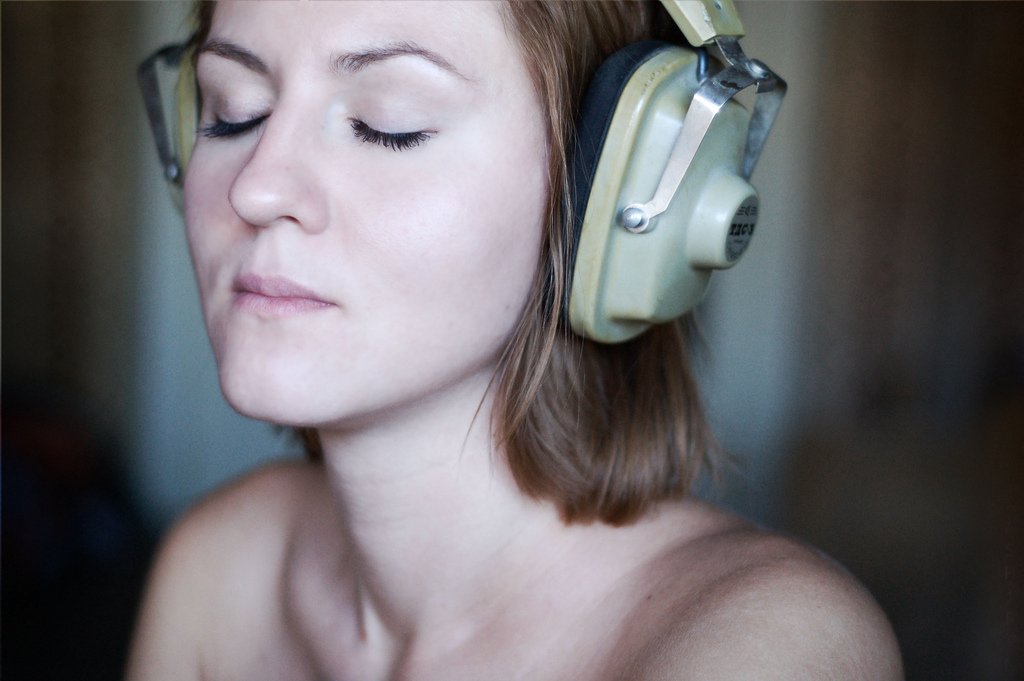
Music and mood
Happy New Year my wonderful readers!
My, my it has been a long time. I hope you are very well. I have been distracted of late by the arrival of my son, Antony, who is now 9 months old. Along with his sister Penelope (now 2 years and 7 months old) our family has settled into our new normal and I am ready to emerge, blinking and staggering, into the real world.

I am still on maternity leave until Spring 2020 though I work one day a month in order to keep up with my ongoing projects. On one of these recent days I worked on a BBC Bitesize piece about music and emotion.

I wrote long answers for the BBC questions, of which only parts were featured in the final pages. The BBC were kind enough to agree that I could publish my full answers to their questions here on my blog. So here they are for you!
How does a piece of music trigger emotion?
Music has multiple simultaneous influences our body and brain. There is no one music centre in the brain, rather music triggers activity in a complex interconnected map of regions including those that are associated with memory, emotion, imagination and creative thought.
There is one pathway in the brain known as the ‘reward circuitry’ that is activated by our very favourite pieces of music. This neural pathway is associated with the release of ‘feel good’ neurotransmitters in the brain, like dopamine, that have a measurable and significant impact on our psychological experience of mood.
How can people pick the ‘right’ piece of music to listen to at that moment in order to trigger a particular mood, feeling or activity?
Whilst there are a few general ‘rules’ about music that triggers particular moods or behaviours for all people (i.e. happy music tends to be faster than sad music), there are no definitive ways to successfully “prescribe” music, because the power of music relates to it’s relevance for you and your life; the memories and the meaning it carries for you. You – and not any predefined playlist – are in the best position to select music that will work for you.
The trick is to take music selection seriously and personally. Think about the state you are in and the state you want to achieve and ask yourself, what has worked for me in the past? From that starting point browse your collection or music lists and find the right piece for you. Build playlists on your searches so you have inspiration at your fingertips. This will work far better for you than anybody else’s playlists.
A final warning – avoid using the same tracks all the time, update your lists on a regular basis. I like to do this around my birthday (June) and New Year. Our very favourite music may be loved for a lifetime, but you can easily overdo a piece of music – or a playlist – such that it loses it’s power to affect you in the way you desire. And of course, you want to make sure that you include new music that you enjoy in your ongoing music-life journey!
How might you advise young people to use music to improve their mood or wellbeing?
Time spent in a music group is linked to enhanced wellbeing for the majority of people irrespective of age, gender, nationality, or baseline wellbeing status. So I would advise that people who find music to be a powerful wellbeing support should consider interactive music experiences as a way to magnify that effect.
Ideas for meeting this goal include seeking out live music events, gigs and concerts, where we experience enhanced wellbeing due to the social nature of the surroundings. You could also try out a music group like a choir, band, or music writing / lyric workshop.
Passive listening to music can improve mood and wellbeing for many people; active participation in music carries bonus benefits that we only experience in a live music scenario.
How can playing an instrument or singing help people manage their mood, emotions or wellbeing?
My colleague Dr Michael Bonshor and I recently conducted a study of brass band musicians, and our sample included the responses of many younger people.
Here is a link to our free paper which was published in the peer review journal Frontiers
We identified and categorised five different pathways to wellbeing: Physical, Psychological, Social, Emotional and Spiritual. Each pathway had several categories of wellbeing factors within it where people reported a positive – and very occasionally a negative – impacts of brass banding on their overall level of personal wellbeing. For example, Social included factors that we named support (lower levels within this factor included friendship, teamwork and bonding), community (engagement and travel), and interaction (diversity, new people, networking).
One surprise for me was how impactful music performance can be on physical health, which then has knock on benefits for mood and emotional wellbeing. Our brass band regulars reported that playing music can help improve coordination, musculature, posture and breathing, all fantastic benefits for our everyday wellbeing.
Some of our participants also reported that their brass band life helped stabilise or even improve long term health conditions including asthma, back pain, and high blood pressure. These reports are exciting and it is fairly easy to think of reasons why brass band practice may be good for people with these conditions, but we need to conduct specific research in order to confirm whether there are significant measurable benefits for medical conditions.
Why do young people engage with music and musicians so much?
People have engaged with music for as long as records exists. The oldest instruments are over 40,000 years old, so the human drive to produce, play and listen to music is nothing new. What is relatively new to the human race is the level of access we have to music and its portability. Never before in history have we been in a position to take the music that we love with us throughout our lives. The level of engagement we see in young people therefore reflects the natural human attraction to music taken to new levels thanks to advances in technology and access to devices.
Here is a link to a related BBC piece called “How Music Affects The Brain”
As part of our ‘Designs for Life’ series for Heart Month at BBC Radio 6 Music, Music Psychologist Dr Victoria Williamson joins Mary Anne Hobbs to talk about how music affects the brain, including our abilities to concentrate, sleep, speak and even walk.



